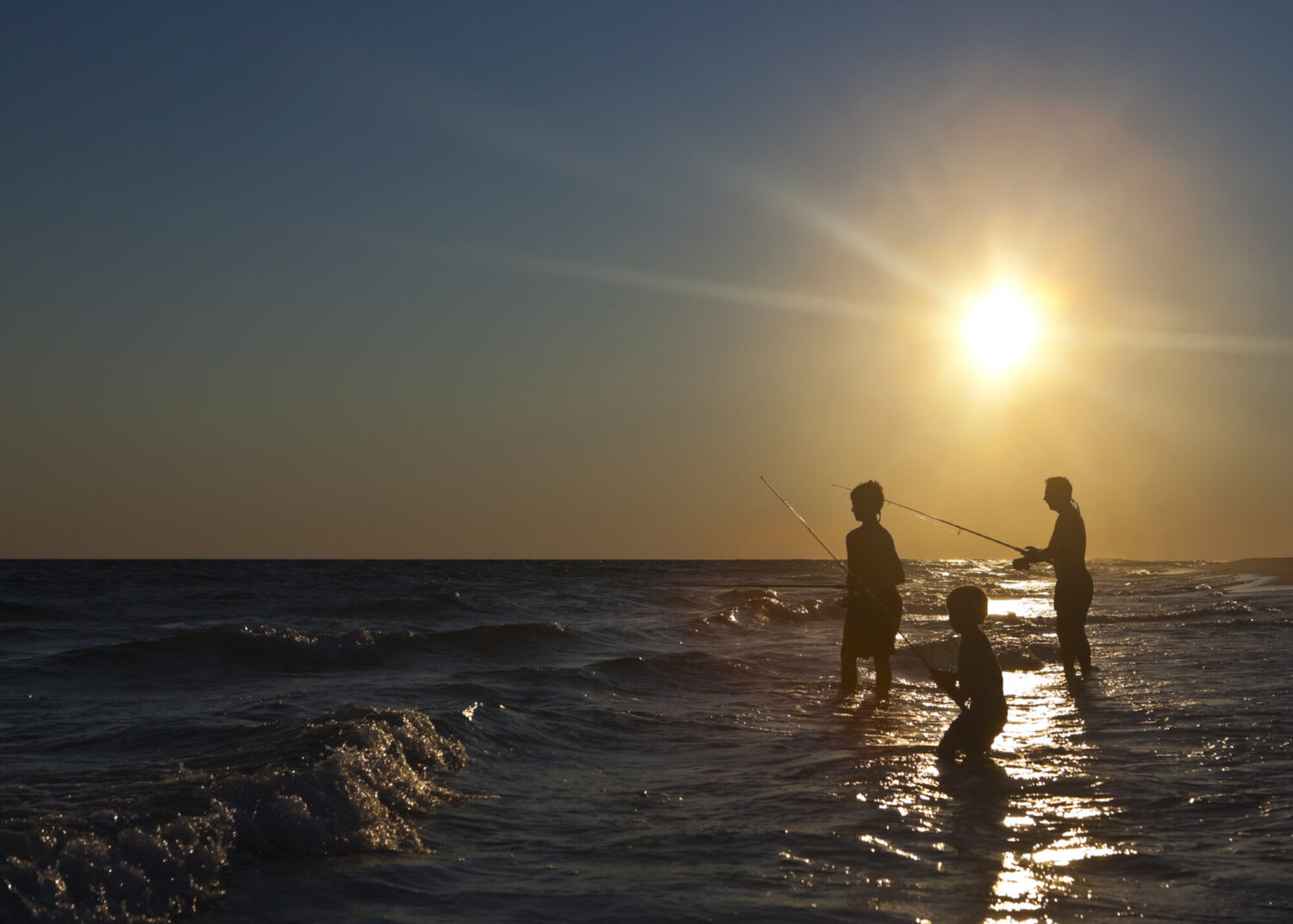
This year has presented many challenges – for our organization, our staff, and our society. Despite this, California Coastkeeper Alliance has made real progress toward swimmable, fishable, and drinkable waters for all. We have also grown as an organization, adding a new program and new staff, with more additions planned for 2021. Take a look at our top accomplishments for the year below, and stay tuned for what we have planned next year!
- CCKA launched a Clean Water Act Enforcement Program to hold polluters accountable across the state. Too often, the government proves unwilling or unable to compel compliance with pollution controls and permits, particularly in California’s less affluent inland areas. That is why CCKA and our Waterkeepers must step up and prioritize clean water enforcement.
- The Ocean Protection Council adopted a California Strategic Ocean Plan with large sections contributed by CCKA reflecting our ocean priorities. The California Ocean Strategic Plan is a valuable road map to ensure the state acts in the face of climate change to protect our ocean and coast. Actions laid out in the Plan are among CCKA’s top priorities over the next five years to support our mission of swimmable, drinkable, and fishable waters for all.
- California’s Budget included key provisions for the state to retain authority to issue water quality protections for federal projects, particularly for hydroelectric dams. Thanks to CCKA’s advocacy, the statesuspended procedural barriers for water quality certifications to help California impose much-needed water quality protections for federal dams undergoing the federal relicensing process.
- After 20 years, California adopted toxicity standards to improve the health of California’s waters and wildlife. The toxicity provisions protect California’s waters from both known and unknown sources of toxic pollution and address previous inconsistencies in water quality permits. The new provisions will prevent ongoing toxic pollution that harms our wildlife – including endangered fish, such as salmon, and migratory birds that feed along California’s river corridors.
- CCKA released its Clean Water Accountability Report with 57 solutions-based recommendations to improve the governance and function of California’s Water Boards. In response to a concerted effort by the federal administration to roll back clean water laws and programs, CCKA offered key recommendations to strengthen the State and Regional Water Boards tasked with managing California’s most precious resource.
- The Governor’s Office appointed two Regional Water Board Members that represent tribal and environmental justice communities. Working with our local Waterkeepers,CCKA was able to identify, advocate for, and obtain the appointment of two community advocates that represent environmental justice and tribal communities who will work to make those communities’ waterways drinkable, swimmable, and fishable for all.
- CCKA published 10 Riparian Principles for healthy, climate-resilient watersheds, providing concrete actions California can take to sustain healthy waterways. These Principles aim to increase the resilience of California’s watersheds to climate change by promoting and restoring natural functions of our rivers and streams for people and nature now – and for generations to come.
- CCKA released its Homeless Engagement Report that details lessons-learned and strategies to engage with those experiencing homelessness to reduce the trash that enters California’s rivers and streams. California’s housing crisis not only means that thousands of people are left unsheltered in California, but significant amounts of trash and bacteria enter California’s rivers and streams as these individuals lack access to basic services. CCKA surveyed five programs across the state – from the Russian to the San Diego River – to identify the variety of approaches used by organizations primarily focused on the health of their local communities and waterways.
- CCKA’s first Clean Water Act enforcement case resulted in over $200,000 invested in water quality improvements. The settlement requires an industrial facility to clean up its pervasive toxic stormwater runoff and invest in new technology to prevent any future water pollution.

Executive Director Sean Bothwell leads CCKA’s initiatives to fight for swimmable, fishable, and drinkable waters for all Californians.



